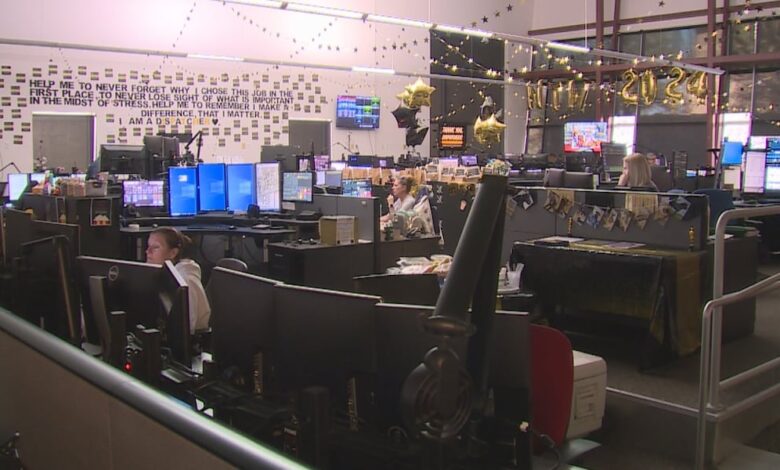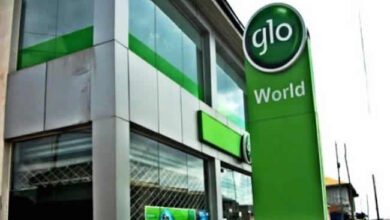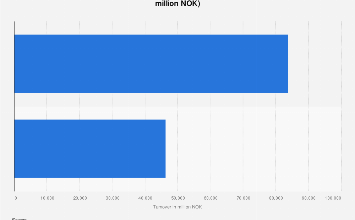Inside the Regional Dispatch Center, National Public Safety Telecommunications Week

RENO, Nev. (KOLO) – This week is National Public Safety Telecommunicators Week. An opportunity to recognize our local dispatchers. At the Regional Dispatch Center, both Washoe County and Reno 911 calls are accepted.
Amanda Garcia has been working as a Reno dispatcher for a year now. ”It can be pretty stressful, it can be a lot and if we have an influx of calls it can be really loud in here.”
KOLO 8 joined Garcia under the headset, during the second hour of her 10-hour shift. She told KOLO 8 it’s been a busy day so far. “During the day we get a lot of parking problems. We do get a lot of accidents. That’s a pretty common call for a lot of domestics, said Garcia. “People that are making threats towards other people in the downtown area.”
The City of Reno has 45 dispatchers, that are fielding 1,400 calls a day, which totals approximately 650,000 calls a year.
Since there is a high volume of calls, it’s paramount that you know important details while dialing.
“Try and give us as much information as you are able to and just answer the questions that we are asking. Their location, where they are, what streets they are on and any detailed information that you think would be important.”
Reno’s dispatchers work closely with Reno Police, Reno Fire, the Airport Fire Department and the City Marshals, just to name a few. “We get both non-emergency and 911 calls. We also get calls from alarm companies, such as fire alarms, medical alarms, and burglary alarms. We answer all of those or like other agencies, if they are transferring and callers will answer.”
Dispatchers use maps to search and locate where the call is coming from, but just
because your cell phone can be pinged, it’s difficult to accurately track. “It will give us within a certain range and meters which sometimes is not 100% accurate. Sometimes when we get calls we won’t get phase two, which will tell us the general area of it, so that can be difficult. If you don’t know where you are, then we don’t know where you are either.”
Garcia says she has to be prepared for the unexpected at all times. Each call can immediately escalate or de-escalated and to negate mistakes, she falls back on her training
“We have the same formatting for every call so no matter what type of call it is you will still know what format you need to be putting in and what questions you need to ask.”
“It’s not often that people call us when they are having a good day. Most of the time they call when they are having a bad day,” said Linda Maines, a supervisor for Reno. “For our dispatchers to be able to take that all the time every day is something that they need to be recognized for, it’s great.
Copyright 2024 KOLO. All rights reserved.



